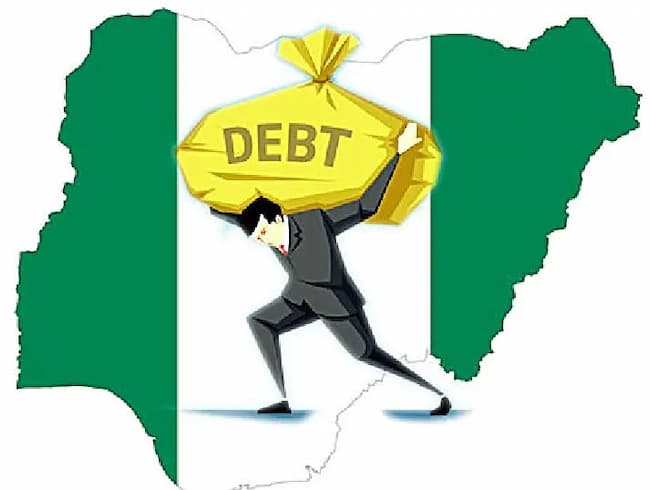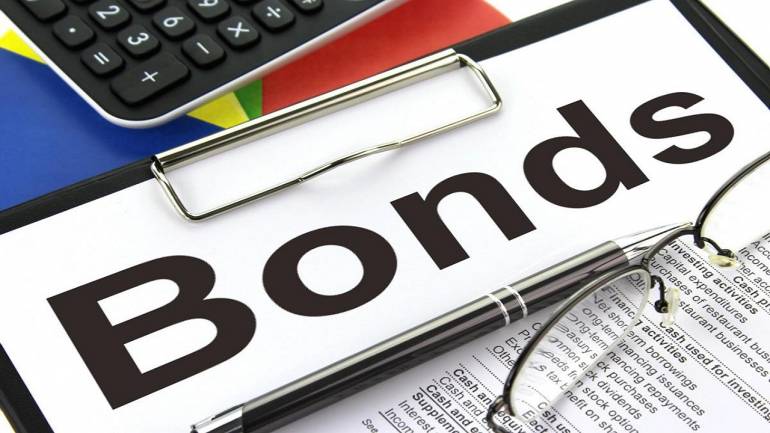Nigeria’s total public debt has climbed to an unprecedented N142.3 trillion as of September 30, 2024, marking an increase of N8 trillion (5.97%) from the N134.3 trillion recorded in June. This increase, driven largely by the depreciation of the naira, reflects the growing strain on the nation’s finances.
The Debt Management Office (DMO) revealed that while external debt in dollar terms only grew marginally by 0.29% to $43.03 billion, its naira equivalent surged by 9.22%, rising from N63.07 trillion to N68.89 trillion. This sharp jump was attributed to the weakening exchange rate, which dropped from N1,470.19 to N1,601.03 per dollar.
On the domestic front, the debt situation presents a mixed picture. Though domestic debt declined by 5.34% in dollar terms to $45.87 billion, it increased by 3.10% in naira terms to N73.43 trillion.
Breakdown of Federal and State Debt Obligations
The Federal Government held the majority of external debt, which rose slightly to $38.12 billion in September, while states and the Federal Capital Territory (FCT) accounted for $4.91 billion. For domestic debt, the Federal Government’s obligations grew to N69.22 trillion, whereas state and FCT debts dipped marginally to N4.21 trillion.
The Role of Bonds in Rising Debt
A significant portion of domestic debt was driven by an increase in federal government bonds, which rose by 4.47% to N54.65 trillion. These bonds now constitute nearly 79% of the total domestic debt stock. Adding to this burden is Nigeria’s first-ever domestic dollar-denominated bond, which saw a remarkable $900 million in subscriptions and added N1.47 trillion to the debt tally.
While bonds dominate the debt landscape, Treasury bills, the second-largest domestic debt component, declined slightly to N11.73 trillion, reflecting attempts to reduce reliance on short-term borrowing. Conversely, promissory notes, used to settle government obligations, grew by 5.8% to N1.77 trillion, while infrastructure-focused instruments like FGN Sukuk fell to N992.56 billion.
Concerns Over Debt Sustainability
Economic analysts are raising alarms about Nigeria’s rising debt levels. Dr. Muda Yusuf, a public finance expert, warned that the country risks falling into a “debt trap,” with interest payments consuming an increasingly large share of government revenue.
The naira’s continued depreciation has exacerbated the debt burden in local currency terms, even as external debt remains relatively stable at $43.03 billion. However, international borrowing has been approached cautiously due to fiscal challenges and exchange rate volatility.
Revenue Generation and Reforms to Address Fiscal Strain
The Federal Government has reiterated its commitment to aggressive revenue generation to fund critical infrastructure and manage rising debt. Speaking at the National Assembly, Budget and Economic Planning Minister Abubakar Bagudu highlighted ongoing reforms aimed at boosting revenue, including the removal of fuel and forex subsidies and plans to enhance the petroleum and mining sectors.
The administration has also prioritized infrastructure funding through innovative programs such as the Renewed Hope Infrastructure Fund and agriculture development initiatives. Bagudu urged lawmakers to pass key tax reforms, crucial for achieving the government’s 18% revenue-to-GDP target.
The minister pointed to recent international agreements with countries like China, the UK, and the EU as evidence of growing global confidence in Nigeria’s economic reforms, emphasizing that these partnerships would support the country’s long-term development goals.
As Nigeria grapples with its ballooning debt, economic reforms and sustainable borrowing practices remain critical to ensuring fiscal stability and long-term growth.













